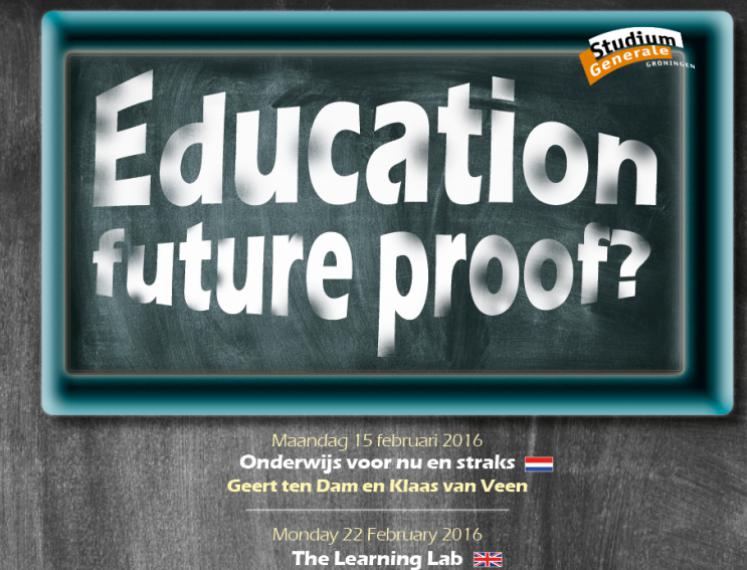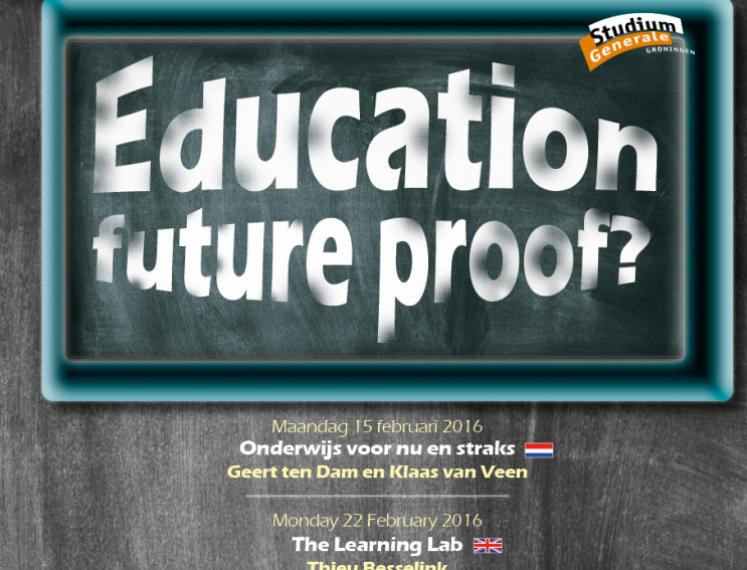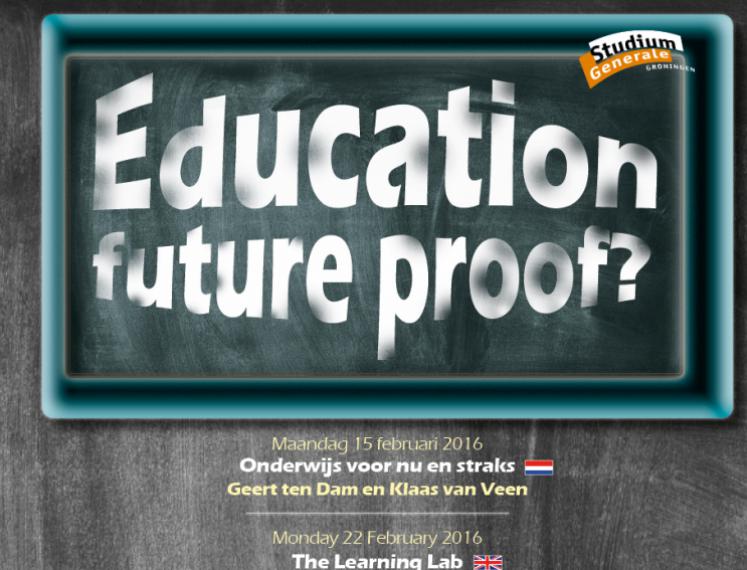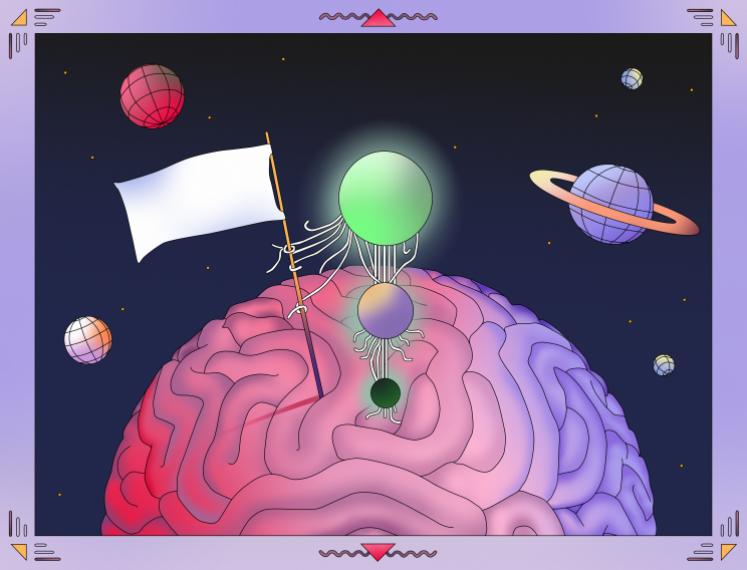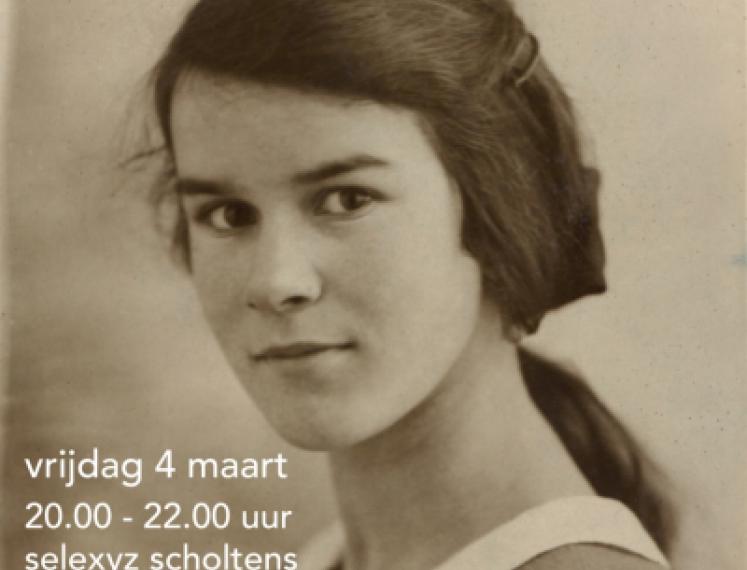Academiegebouw
Broerstraat 5
Groningen
Nederland
Most likely to Succeed
The documentary ‘Most likely to Succeed’ (2015) focuses on the story of High Tech High, a school in San Diego that is completely rethinking what the experience of going to school looks like and emphasizes exploration, collaboration, and examination over standardized testing.
The current educational system in the United States was developed a century ago during the rise of the industrial age and was once the envy of the world. However, the world economy has since transformed profoundly, but the US education system has not. Schools are attempting to teach and test skills, when mastered, that still leave graduates woefully unprepared for the 21st Century. After presenting this problem, the documentary ‘Most likely to Succeed’ (2015) focuses on the story of High Tech High, a school in San Diego that is completely rethinking what the experience of going to school looks like and emphasizes exploration, collaboration, and examination over standardized testing . There, over the course of a school year, two groups of ninth graders take on challenges that promote critical skills rather than rote memorization. As we follow students, parents and teachers through a truly unorthodox school experience, the audience is forced to consider what sort of educational environment is most likely to succeed in the 21st century?
Most Likely to Succeed (USA, 86 minutes, 2015) is directed by Greg Whiteley, an American documentary film director, producer and writer. He is known for the documentaries New York Doll (2005), Resolved (2007), and Mitt (2014). Resolved received two Emmy nominations for Best Editing and Best Documentary
Loes Damhof is senior lecturer 21th century skills at the School of Media, Communication & IT of the Hanze University of Applied Sciences.
